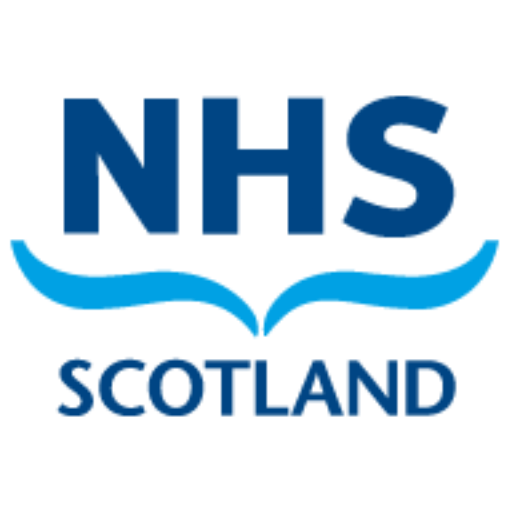Sudden Cardiac Death (SCD) can also be called Sudden Arrhythmic Death Syndrome (SADS) or Sudden Unexpected Death (SUD). SCD is when someone dies suddenly or unexpectedly with no clear cause. This may happen when there’s an abnormal heart rhythm, known as an arrhythmia. Arrhythmia’s when left untreated can be dangerous and in some rare circumstances lead to cardiac arrest where the heart stops beating.
The news of a sudden death is traumatic, hard to come to terms with and creates very strong emotions including anger and disbelief. Below you will find some patient organisations and charities that can provide support and further information:
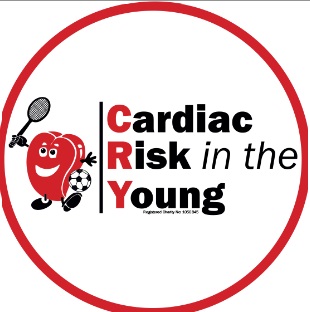
After a Young Sudden Cardiac Death – CRY Cardiac Risk in the Young (CRY) has a dedicated bereavement support programme to support families after the tragedy of a young sudden cardiac death of a person aged 35 or under.

Bereavement – BHF The British Heart Foundation has support on their website for anyone who has lost a loved one.
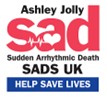
Home – SADS UK SADS UK provides information and supports individuals and families affected by cardiac arrest, cardiac conditions or a sudden cardiac death

Provided CPR – Chest Heart & Stroke Scotland Chest Heart and Stroke Scotland provides support to anyone who has performed CPR on someone or witnessed someone receiving CPR who may find yourself struggling to process what has happened.

Home : Cruse Scotland Cruse Scotland provides professional support for bereaved adults, children and families across Scotland. They also train and educate individuals and organisations to help bereaved people.
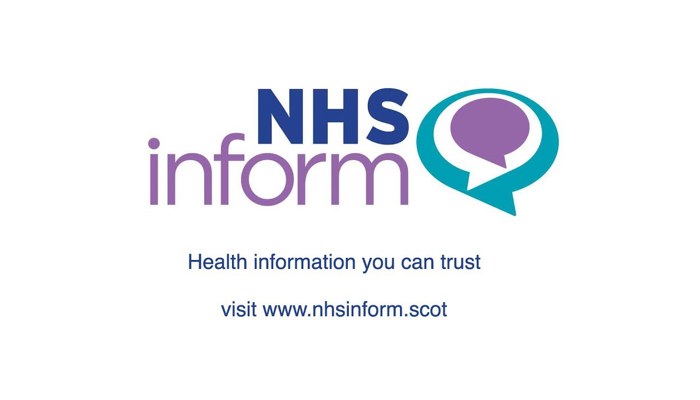
Death and bereavement | NHS inform NHS Inform provides information that can support you through the early days of a bereavement and what you might expect to experience in the days ahead. This includes practical advice, coping with grief and information to support you through the death of a baby.
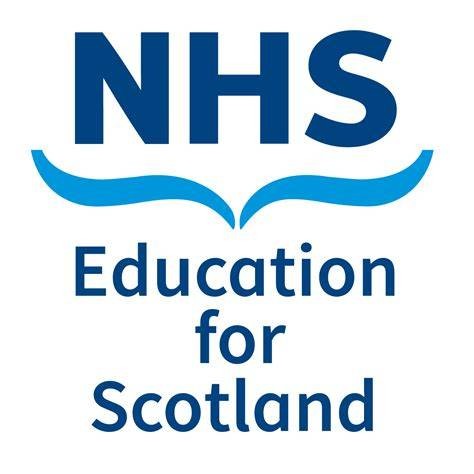
Support Around Death Scotland | Support Around Death The NHS Education for Scotland website aims to support health and social care staff who are working with patients, carers and families before, at, and after death. It provides key information on the clinical, legislative, and practical issues involved.
